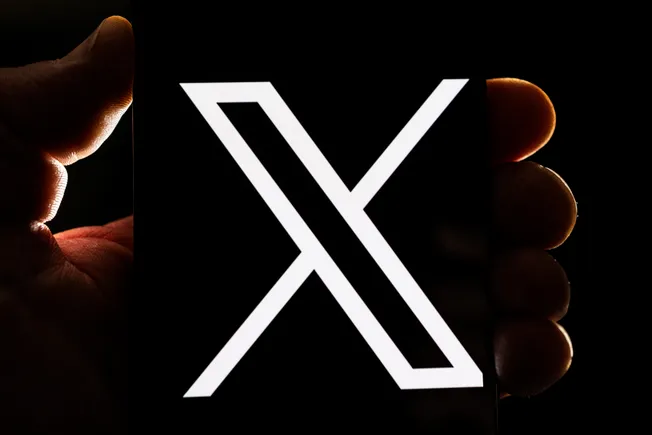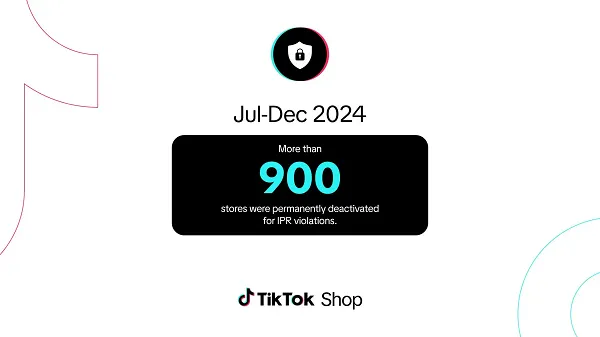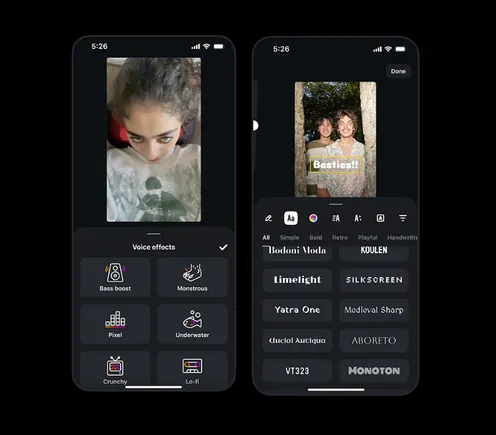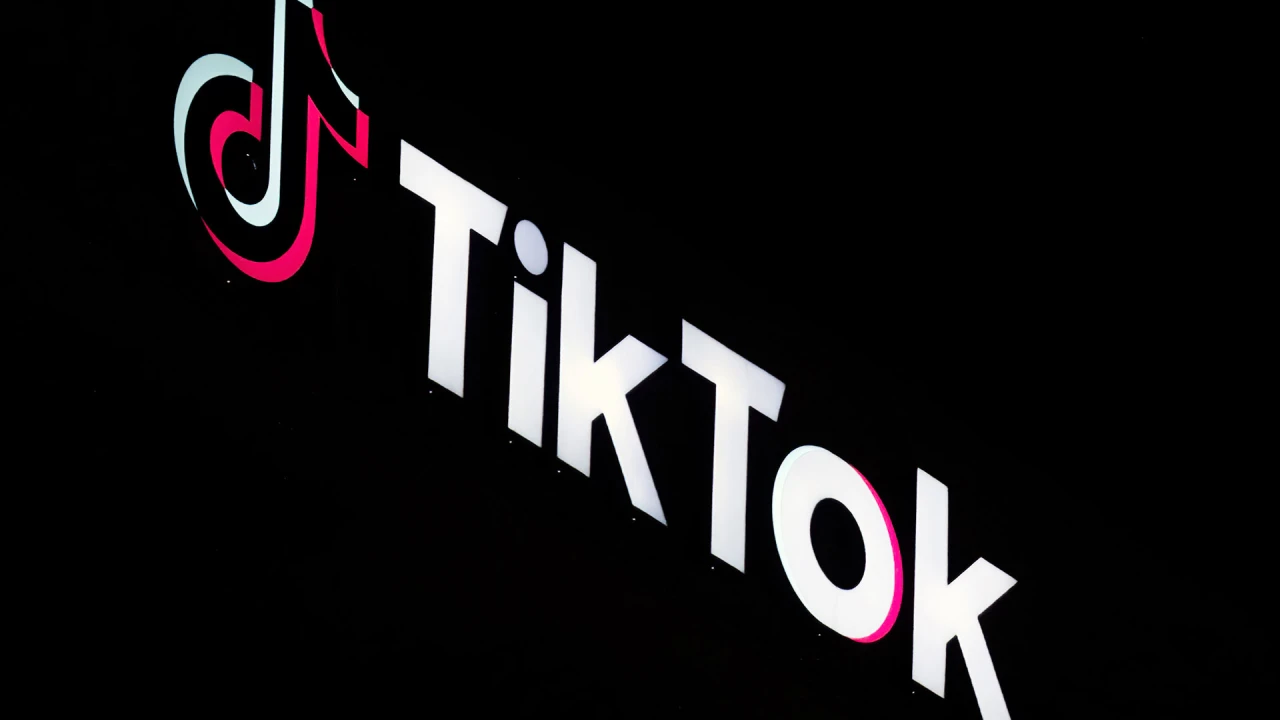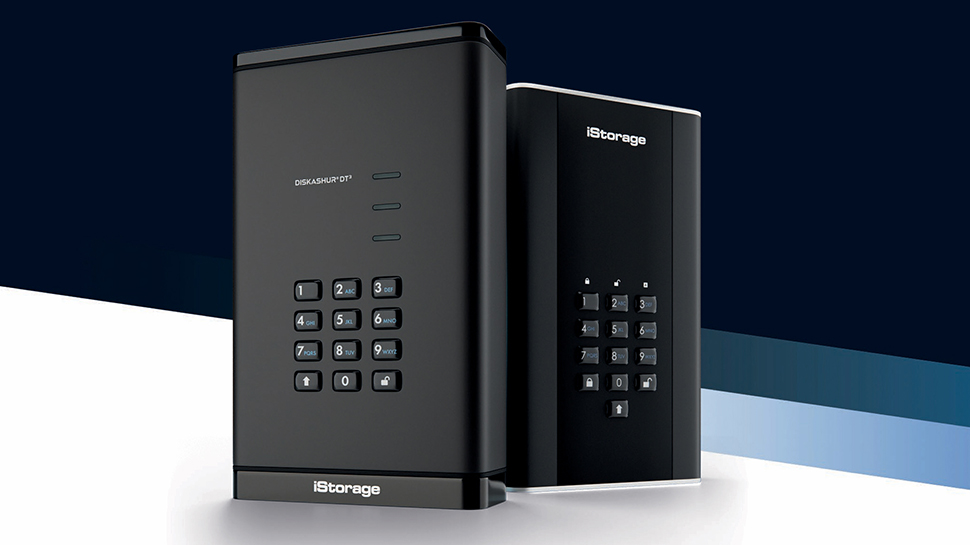Free online storage services compared: Which one’s best for you?
Cloud storage services conveniently let you store and access documents, photos, videos, and more from any device. The best part? Many top providers offer free plans that are surprisingly capable. But with so many options, how do you choose the right free cloud storage service? Let’s take a look at some of the leading free online storage services available today. Google Drive Google Drive offers 15 GB of storage, shared across Google Drive, Gmail, and Google Photos. That’s one of the most generous free storage amounts, and the service offers seamless integration with Google Workspace (Docs, Sheets, Slides). It’s also got a user-friendly interface and solid search capabilities. The 15 GB is shared with other Google services, however, so heavy Gmail users or those backing up high-quality photos might find it fills up quickly. And Google being a large tech company, some users have privacy concerns regarding data handling. Mega At 20 GB, Mega provides the most generous permanent free storage tier among major providers. There’s a strong focus on privacy and security with user-controlled end-to-end, zero-knowledge encryption on all plans, including the free one. The company can’t see your files, in other words. However, free accounts have transfer limits (you can download or upload a certain amount of data over a set period), and its unique encryption means if you lose your password or recovery key, your data is unrecoverable. pCloud pCloud gives you “up to” 10 GB of storage space, which is a decent amount of free space. It also features excellent built-in media players for streaming audio and video directly from the cloud. And it offers unique “Lifetime” paid plans, starting at a one-time $199 payment for 500 GB of storage. However, to reach 10 GB on the free plan, you’ll need to perform certain actions like verifying your email address and installing mobile apps. Encryption and sharing options are also limited on the free tier. Microsoft OneDrive Although Microsoft OneDrive offers only 5 GB of storage on the free plan, it’s got excellent integration with Windows and Microsoft 365 (Word, Excel, PowerPoint). Files can often be accessed directly from Windows’ File Explorer and there’s a “Personal Vault” folder for extra security on sensitive files. 5 GB of free storage might not be enough for all your stuff, however, and there can be similar privacy considerations as Google Drive for some users. Apple iCloud Drive Like Microsoft, Apple iCloud Drive offers a meager 5 GB of storage. This storage is shared across iCloud Drive, device backups, Photos, and Mail. That being said, it’s got unbeatable integration with Apple devices, making it essential for backing up iOS devices and syncing photos across the Apple ecosystem. Those five gigabytes get consumed quickly by device backups and photos, though. Paid plans start at just a buck a month for 50 GB, making it kind of a no-brainer. Dropbox At a lowly 2 GB, Dropbox offers the least amount of free storage of the providers on our list here. It is, however, a pioneer in cloud storage, known for its reliable and fast file syncing, simple user interface, excellent compatibility across platforms, and good third-party app integrations. Sync.com Sync.com offers 5 GB of free storage and boasts excellent security and privacy features, including end-to-end zero-knowledge encryption and compliance with features. There’s also 30-day file versioning and recovery, no file size limits when using desktop or mobile apps, and you can earn more free space through referrals. However, there are limited sharing capabilities on the free plan (number of links and daily downloads per link), and it lacks built-in document editing tools, instead relying on Office 365 integration.

Cloud storage services conveniently let you store and access documents, photos, videos, and more from any device. The best part? Many top providers offer free plans that are surprisingly capable.
But with so many options, how do you choose the right free cloud storage service? Let’s take a look at some of the leading free online storage services available today.
Google Drive
Google Drive offers 15 GB of storage, shared across Google Drive, Gmail, and Google Photos.
That’s one of the most generous free storage amounts, and the service offers seamless integration with Google Workspace (Docs, Sheets, Slides). It’s also got a user-friendly interface and solid search capabilities.
The 15 GB is shared with other Google services, however, so heavy Gmail users or those backing up high-quality photos might find it fills up quickly. And Google being a large tech company, some users have privacy concerns regarding data handling.
Mega
At 20 GB, Mega provides the most generous permanent free storage tier among major providers.
There’s a strong focus on privacy and security with user-controlled end-to-end, zero-knowledge encryption on all plans, including the free one. The company can’t see your files, in other words.
However, free accounts have transfer limits (you can download or upload a certain amount of data over a set period), and its unique encryption means if you lose your password or recovery key, your data is unrecoverable.
pCloud
pCloud gives you “up to” 10 GB of storage space, which is a decent amount of free space. It also features excellent built-in media players for streaming audio and video directly from the cloud. And it offers unique “Lifetime” paid plans, starting at a one-time $199 payment for 500 GB of storage.
However, to reach 10 GB on the free plan, you’ll need to perform certain actions like verifying your email address and installing mobile apps. Encryption and sharing options are also limited on the free tier.
Microsoft OneDrive
Although Microsoft OneDrive offers only 5 GB of storage on the free plan, it’s got excellent integration with Windows and Microsoft 365 (Word, Excel, PowerPoint).
Files can often be accessed directly from Windows’ File Explorer and there’s a “Personal Vault” folder for extra security on sensitive files.
5 GB of free storage might not be enough for all your stuff, however, and there can be similar privacy considerations as Google Drive for some users.
Apple iCloud Drive
Like Microsoft, Apple iCloud Drive offers a meager 5 GB of storage. This storage is shared across iCloud Drive, device backups, Photos, and Mail.
That being said, it’s got unbeatable integration with Apple devices, making it essential for backing up iOS devices and syncing photos across the Apple ecosystem.
Those five gigabytes get consumed quickly by device backups and photos, though. Paid plans start at just a buck a month for 50 GB, making it kind of a no-brainer.
Dropbox
At a lowly 2 GB, Dropbox offers the least amount of free storage of the providers on our list here.
It is, however, a pioneer in cloud storage, known for its reliable and fast file syncing, simple user interface, excellent compatibility across platforms, and good third-party app integrations.
Sync.com
Sync.com offers 5 GB of free storage and boasts excellent security and privacy features, including end-to-end zero-knowledge encryption and compliance with features.
There’s also 30-day file versioning and recovery, no file size limits when using desktop or mobile apps, and you can earn more free space through referrals.
However, there are limited sharing capabilities on the free plan (number of links and daily downloads per link), and it lacks built-in document editing tools, instead relying on Office 365 integration.




